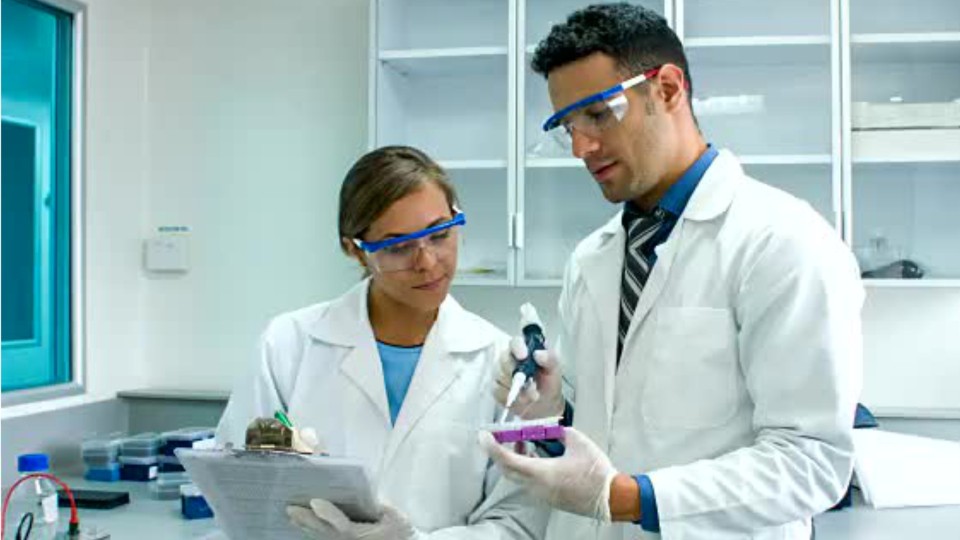Genetic Counselors
Certified Genetic Counselor, Genetic Counselor, Prenatal and Pediatric Genetic Counselor, Reproductive Genetic Counseling Coordinator
What they do:
Assess individual or family risk for a variety of inherited conditions, such as genetic disorders and birth defects. Provide information to other healthcare providers or to individuals and families concerned with the risk of inherited conditions. Advise individuals and families to support informed decisionmaking and coping methods for those at risk. May help conduct research related to genetic conditions or genetic counseling.
On the job, you would:
- Interpret laboratory results and communicate findings to patients or physicians.
- Discuss testing options and the associated risks, benefits and limitations with patients and families to assist them in making informed decisions.
- Analyze genetic information to identify patients or families at risk for specific disorders or syndromes.
Knowledge
Math and Science
- biology
- psychology
Health
- medicine and dentistry
- therapy and counseling
Arts and Humanities
- English language
Business
- customer service
Skills
Basic Skills
- reading work related information
- listening to others, not interrupting, and asking good questions
Problem Solving
- noticing a problem and figuring out the best way to solve it
Social
- understanding people's reactions
- looking for ways to help people
Abilities
Verbal
- read and understand what is written
- communicate by speaking
Ideas and Logic
- use rules to solve problems
- make general rules or come up with answers from lots of detailed information
Math
- choose the right type of math to solve a problem
Personality
People interested in this work like activities that include ideas, thinking, and figuring things out.
They do well at jobs that need:
- Sincerity
- Empathy
- Stress Tolerance
- Self-Control
- Social Orientation
- Cooperation
Technology
You might use software like this on the job:
Data base user interface and query software
- Database software
- Microsoft Access
Presentation software
- Microsoft PowerPoint
Medical software
- Prognosis Innovation Healthcare ChartAccess
- Wageningen MapChart
Education
Education: (rated 5 of 5)
master's degree
usually needed
usually needed
Job Outlook
Bright
New job opportunities are very likely in the future.
Explore More
- Advanced Practice Psychiatric Nurses
- Clinical Nurse Specialists
- Family Medicine Physicians
- Pediatricians, General
- Psychiatrists
You might like a career in one of these industries:
See more details at O*NET OnLine about Genetic Counselors.






